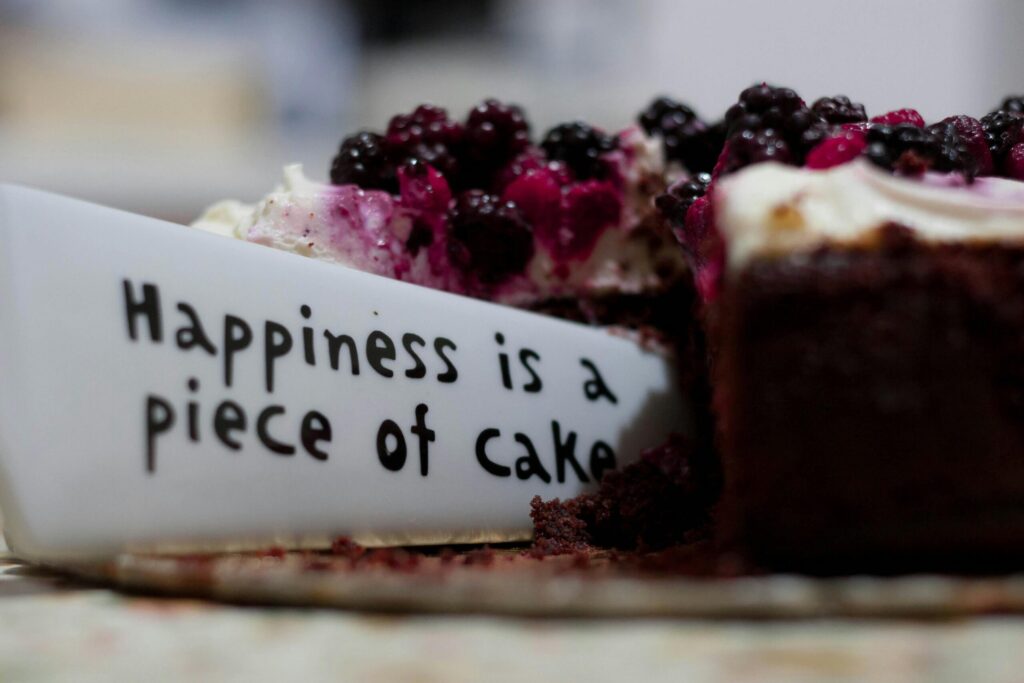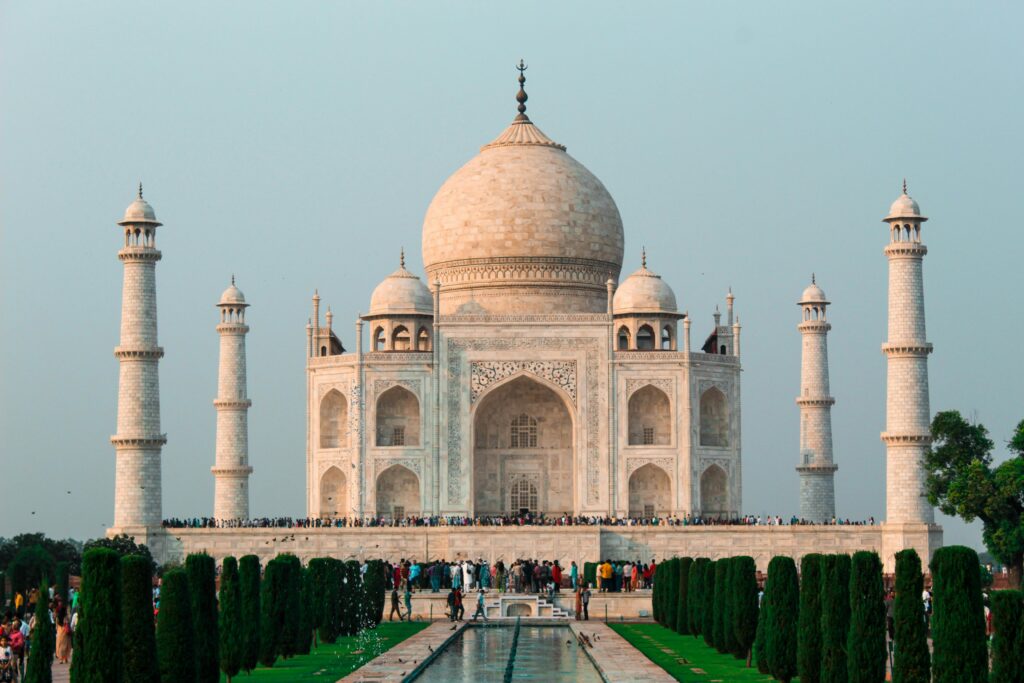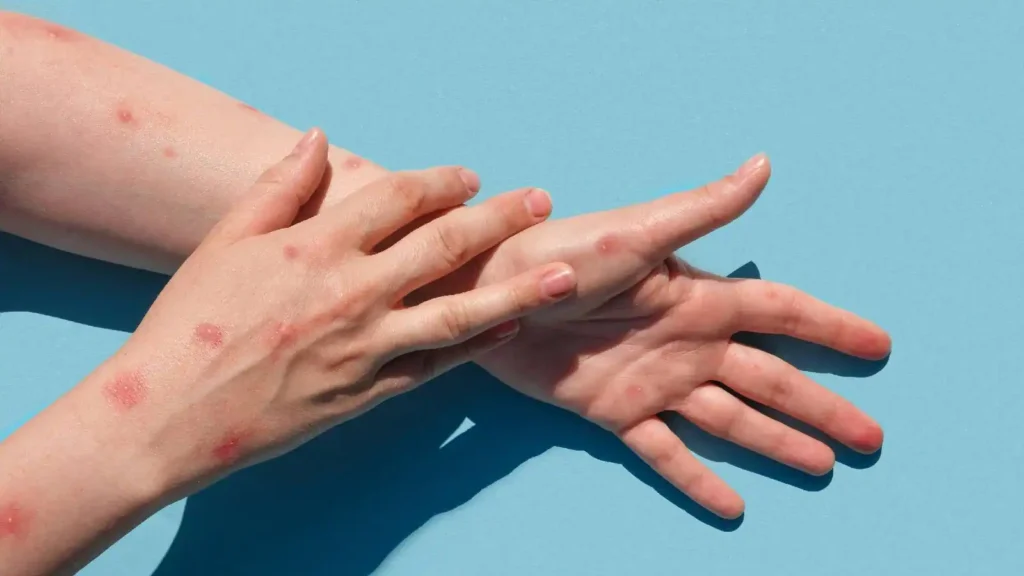Baking and cooking are basic survival methods and beloved traditions across the globe. Both share the same end: making food ready. But the process, accuracy, and technique between them couldn’t be farther apart. Cooking is a craft—haphazard, artistic, and impulsive—while baking is a science with measurements, timing, and chemistry.
Cooking is the process of food preparation through heat application. It includes an incredibly broad assortment of methods like boiling, frying, grilling, sautéing, steaming, and roasting. Cooking provides scope for improvisation and experimenting. Anything from sprinkling an extra pinch of salt to replacing one vegetable with another is usually scope for change in recipes based on personal taste or ingredient availability.
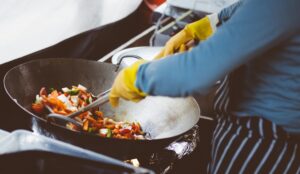
One of the most wonderful things about cooking is the ability to prepare well-balanced meals with whole, fresh foods. Cooking at home has been determined by research to lead to eating fewer calories, added sugar, and unhealthy fat than eating out frequently. Those who prepare food for home six or seven days a week eat around 150 fewer calories daily than those who prepare food less frequently, according to Johns Hopkins Bloomberg School of Public Health.
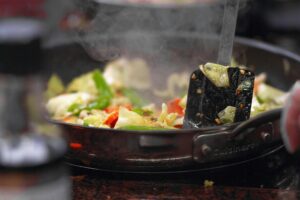
Cooking also promotes emotional health. Cooking for oneself or for others can be soothing, washing the anxiety and stress away and promoting a feeling of satisfaction and camaraderie. Cooking is commonly in most societies a way of sharing family customs, keeping heritage alive, and uniting people.
The Precision of Baking
Baking, thus, is a more structured process. It entails the preparation of bread, cake, cookies, and pastry through the application of dry heat in an oven. Baking is very reliant on accurate proportion and measurement. The wrong number—too much flour, not enough yeast—will produce a failed product.
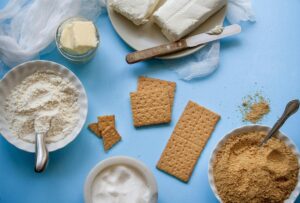
This scientific part of baking is made up of chemical reactions, including the mixing of baking soda and an acid that produces carbon dioxide bubbles and causes dough to rise. One has to understand what ingredients do. Eggs contribute moisture and structure, butter contributes richness, and sugar contributes sweetness, as well as browning and tenderness.
Though challenging, baking is very rewarding. It takes patience, concentration, and self-control. For some, baking is a soothing ritual, and the payback is so great—warm cookies, freshly made bread, or perfectly frosted cake. Baking was also a mass phenomenon during the COVID-19 pandemic when millions of people were obsessively working on sourdough and banana bread as comfort activities in difficult times.
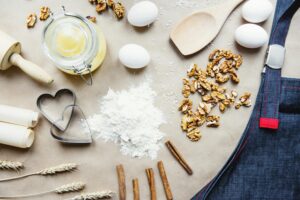
Cooking vs. Baking: A Complementary Pair
Though disparate in character, cooking and baking complement each other. Both can be learned to produce a wide variety of culinary ventures that range from spicy stir-fries and dense stews to delicate pastries and handmade breads. Both require creativity, presence, and respect for food.
Conclusion
Whether you’re stirring soup on the stovetop or kneading dough for a loaf of new bread, baking and cooking are not merely sustenance—literally, they’re a testament to joy, beauty, and sharing. In a fast-paced culture, being open to taking the time to make food from scratch is not only a craft but an expression of outward love and self-love.

